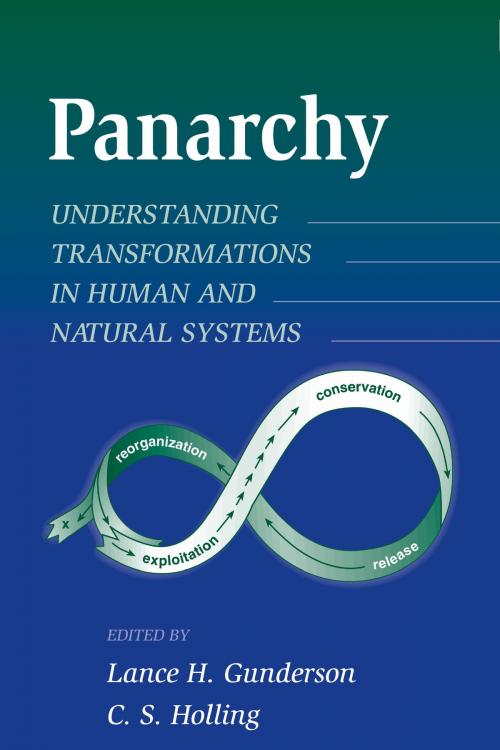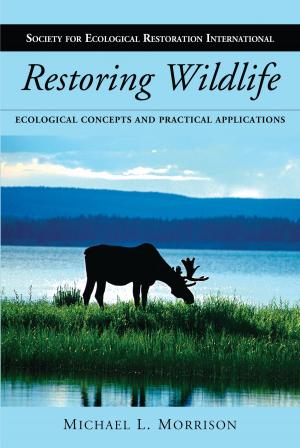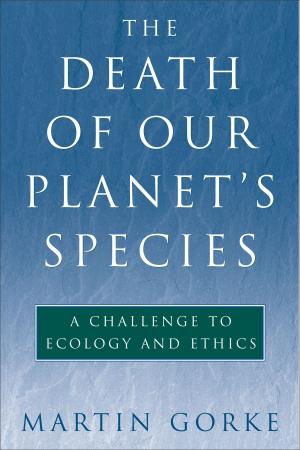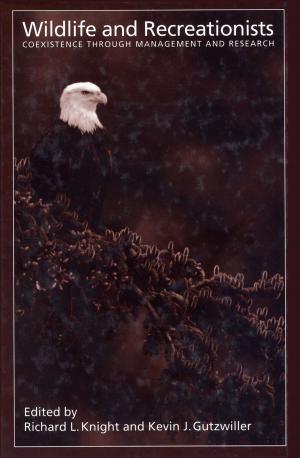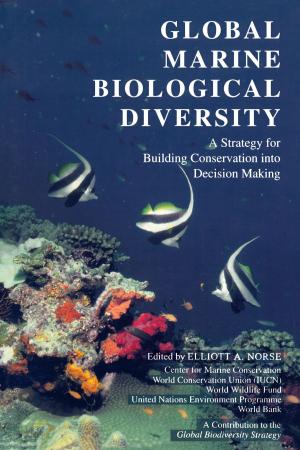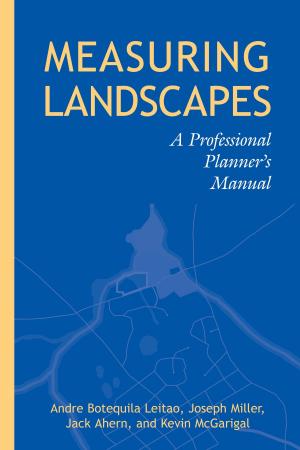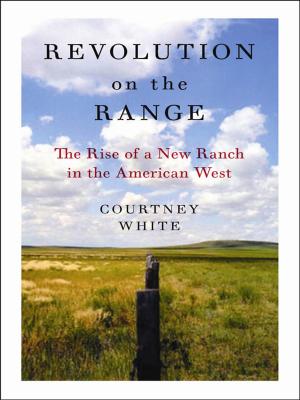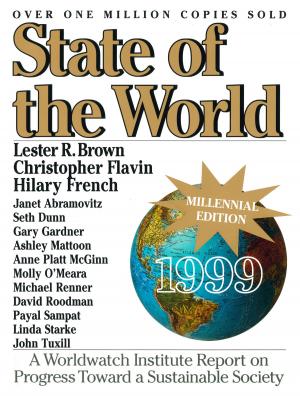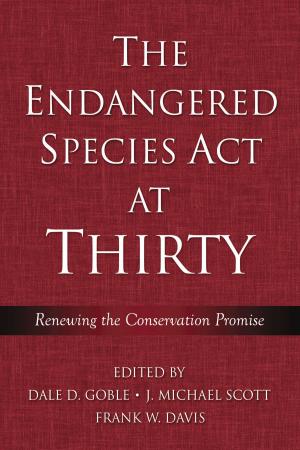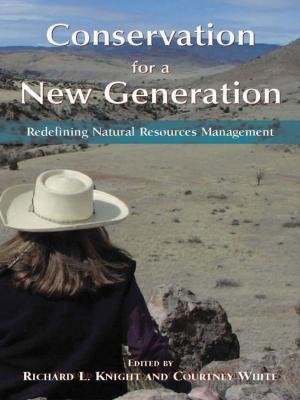Panarchy
Understanding Transformations in Human and Natural Systems
Nonfiction, Science & Nature, Science, Biological Sciences, Ecology, Social & Cultural Studies, Political Science, Government, Public Policy| Author: | Lance H. Gunderson | ISBN: | 9781597269391 |
| Publisher: | Island Press | Publication: | September 26, 2012 |
| Imprint: | Island Press | Language: | English |
| Author: | Lance H. Gunderson |
| ISBN: | 9781597269391 |
| Publisher: | Island Press |
| Publication: | September 26, 2012 |
| Imprint: | Island Press |
| Language: | English |
Creating institutions to meet the challenge of sustainability is arguably the mimportant task confronting society; it is also dauntingly complex. Ecological, economic, and social elements all play a role, but despite ongoing efforts, researchers have yet to succeed in integrating the various disciplines in a way that gives adequate representation to the insights of each.
Panarchy, a term devised to describe evolving hierarchical systems with multiple interrelated elements, offers an important new framework for understanding and resolving this dilemma. Panarchy is the structure in which systems, including those of nature (e.g., forests) and of humans (e.g., capitalism), as well as combined human-natural systems (e.g., institutions that govern natural resource use), are interlinked in continual adaptive cycles of growth, accumulation, restructuring, and renewal. By understanding these cycles and their scales, researchers can identify the points at which a system is capable of accepting positive change, and can use those points to foster resilience within the system.
This volume brings together leading thinkers on the subject to develop and examine the concept of panarchy and to consider how it can be applied to human, natural, and human-natural systems. Throughout, contributors seek to identify adaptive approaches to managemthat recognize uncertainty and encourage innovation while fostering resilience.
The book is a fundamental new developmin a widely acclaimed line of inquiry. It represents the first step in integrating disciplinary knowledge for the adaptive managemof human-natural systems across widely divergscales, and offers an important base of knowledge from which institutions for adaptive managemcan be developed. It will be an invaluable source of ideas and understanding for students, researchers, and professionals involved with ecology, conservation biology, ecological economics, environmental policy, or related fields.
Creating institutions to meet the challenge of sustainability is arguably the mimportant task confronting society; it is also dauntingly complex. Ecological, economic, and social elements all play a role, but despite ongoing efforts, researchers have yet to succeed in integrating the various disciplines in a way that gives adequate representation to the insights of each.
Panarchy, a term devised to describe evolving hierarchical systems with multiple interrelated elements, offers an important new framework for understanding and resolving this dilemma. Panarchy is the structure in which systems, including those of nature (e.g., forests) and of humans (e.g., capitalism), as well as combined human-natural systems (e.g., institutions that govern natural resource use), are interlinked in continual adaptive cycles of growth, accumulation, restructuring, and renewal. By understanding these cycles and their scales, researchers can identify the points at which a system is capable of accepting positive change, and can use those points to foster resilience within the system.
This volume brings together leading thinkers on the subject to develop and examine the concept of panarchy and to consider how it can be applied to human, natural, and human-natural systems. Throughout, contributors seek to identify adaptive approaches to managemthat recognize uncertainty and encourage innovation while fostering resilience.
The book is a fundamental new developmin a widely acclaimed line of inquiry. It represents the first step in integrating disciplinary knowledge for the adaptive managemof human-natural systems across widely divergscales, and offers an important base of knowledge from which institutions for adaptive managemcan be developed. It will be an invaluable source of ideas and understanding for students, researchers, and professionals involved with ecology, conservation biology, ecological economics, environmental policy, or related fields.
